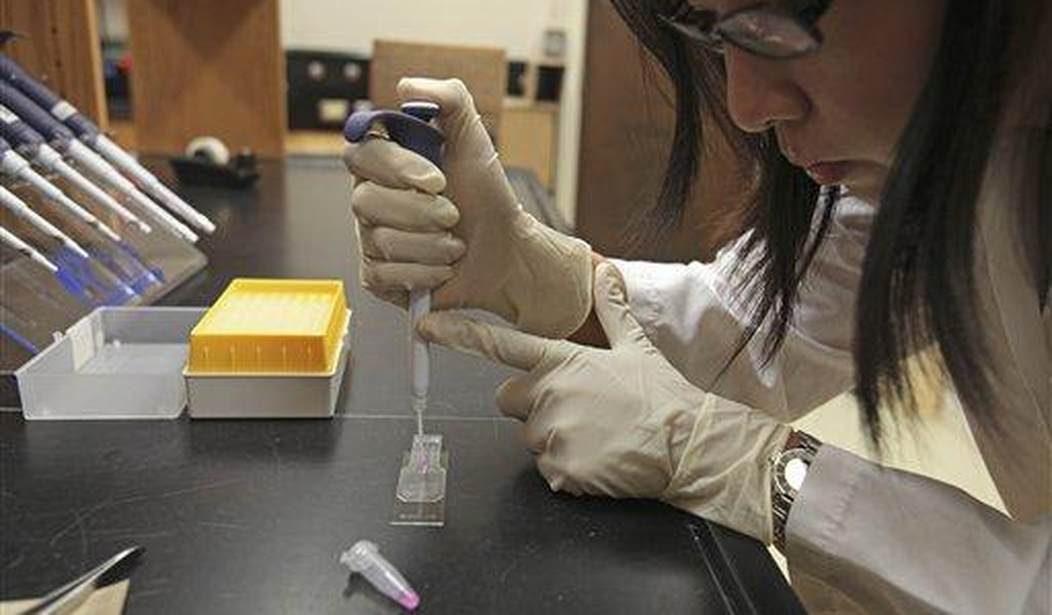Boston University is pushing back on what it says is “false and inaccurate” reporting that claims its research created a more lethal COVID strain.
On Monday, the UK’s Daily Mail ran a story based on a line in the research paper’s abstract that said BU researchers created a “deadly Covid strain with an 80 percent kill rate,” which was then picked up by other U.S.-based outlets.
But that doesn’t accurately reflect the study conducted at the University’s National Emerging Infectious Diseases Laboratories, BU said.
“First, this research is not gain-of-function research, meaning it did not amplify the Washington state SARS-CoV-2 virus strain or make it more dangerous,” BU explained in a statement. “In fact, this research made the virus replicate less dangerous.”
The study set out to examine the spike proteins on the SARS-CoV-2 Omicron variant (BA.1). Researchers were interested in comparing the variant with the original virus strain, known as the Washington strain. They wanted to find out if the virus was truly less virulent, says [NEIDL director Ronald] Corley, “simply because it wasn’t infecting the same cells as the initial strain.” They were “interested in what part of the virus dictates how serious of a disease a person will get.” […]
Corley says the line pulled out of context actually had nothing to do with the virus’ effect on humans. The study began in a tissue culture, then moved to an animal model.
“The animal model that was used was a particular type of mouse that is highly susceptible, and 80 to 100 percent of the infected mice succumb to disease from the original strain, the so-called Washington strain,” says Corley. “Whereas Omicron causes a very mild disease in these animals.” (BU)
Recommended
“Consistent with studies published by others, this work shows that it is not the spike protein that drives Omicron pathogenicity, but instead other viral proteins,” said Mohsan Saeed, one of the lead researchers on the study. “Determination of those proteins will lead to better diagnostics and disease management strategies.”
According to Corley, the study was misrepresented for the sole purpose of "sensationalism."
NEIDL is a biosafety level 3 lab, where researchers must enter multiple interlocked doors to get to the biosafety cabinet where the research is conducted. The floors and walls are sealed, a special filtration system is in place, and decontamination technology is used, the University explained.
"If the researchers had seen anything untoward during the study, they would have immediately shut it down and reported it," the statement said.

























Join the conversation as a VIP Member